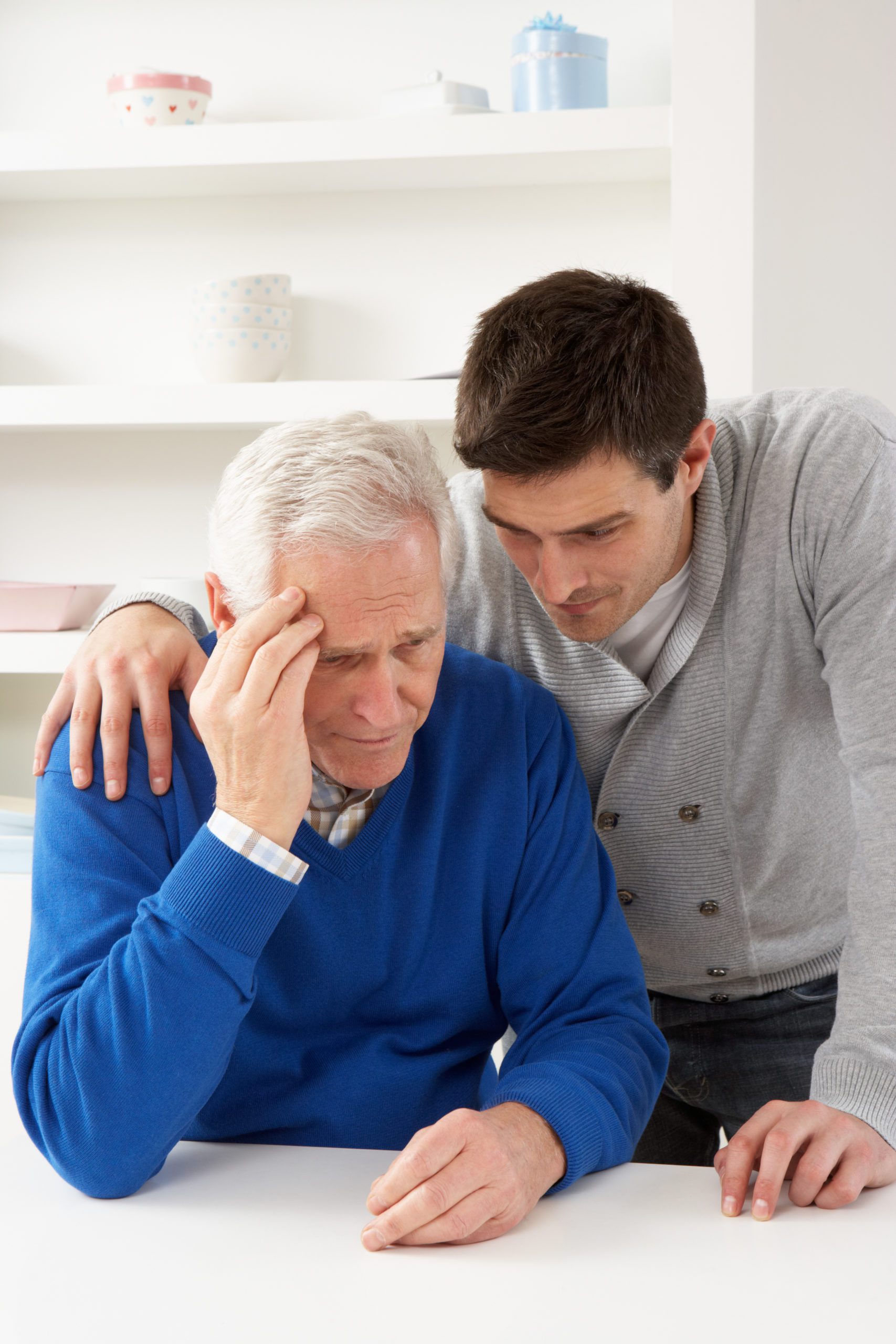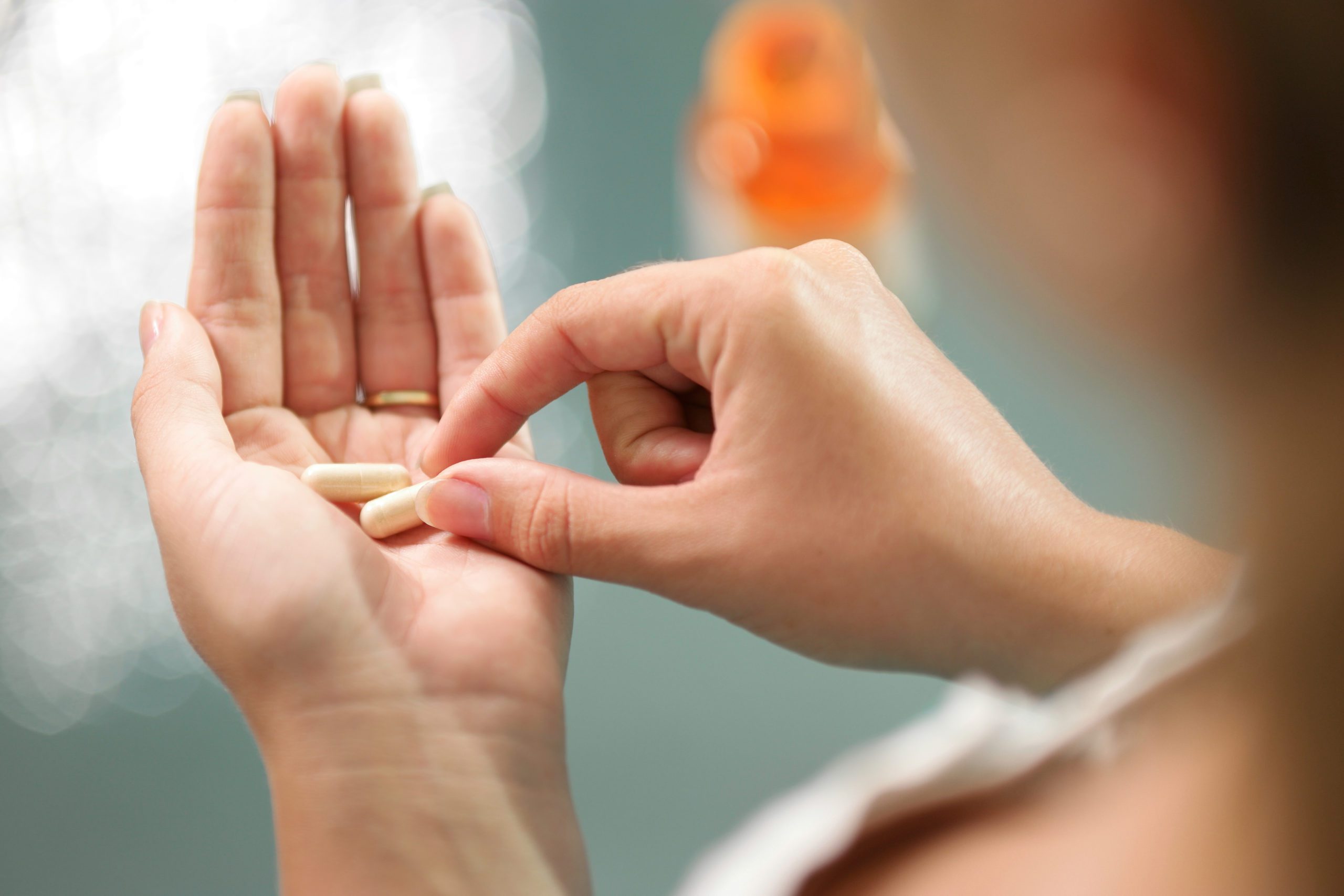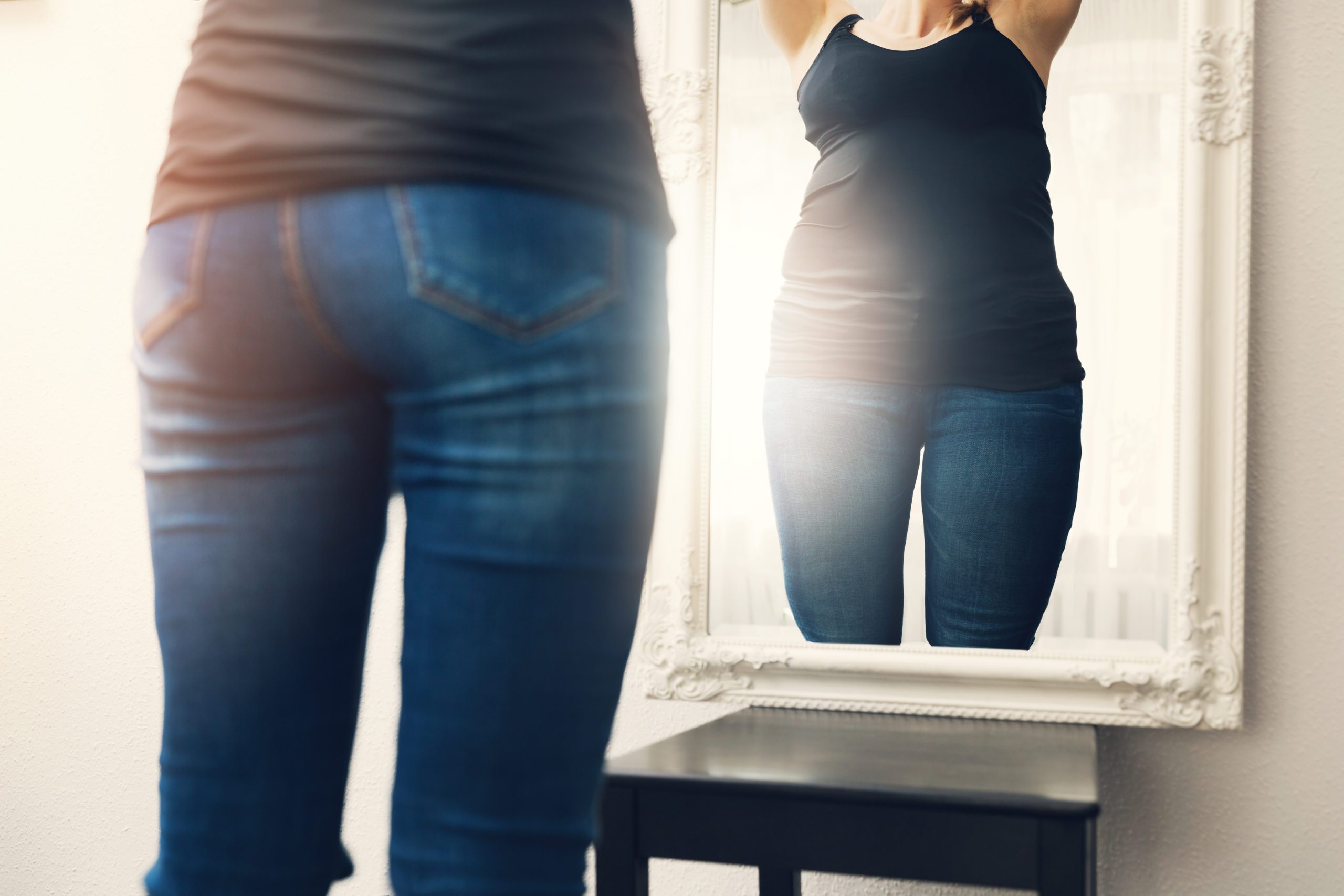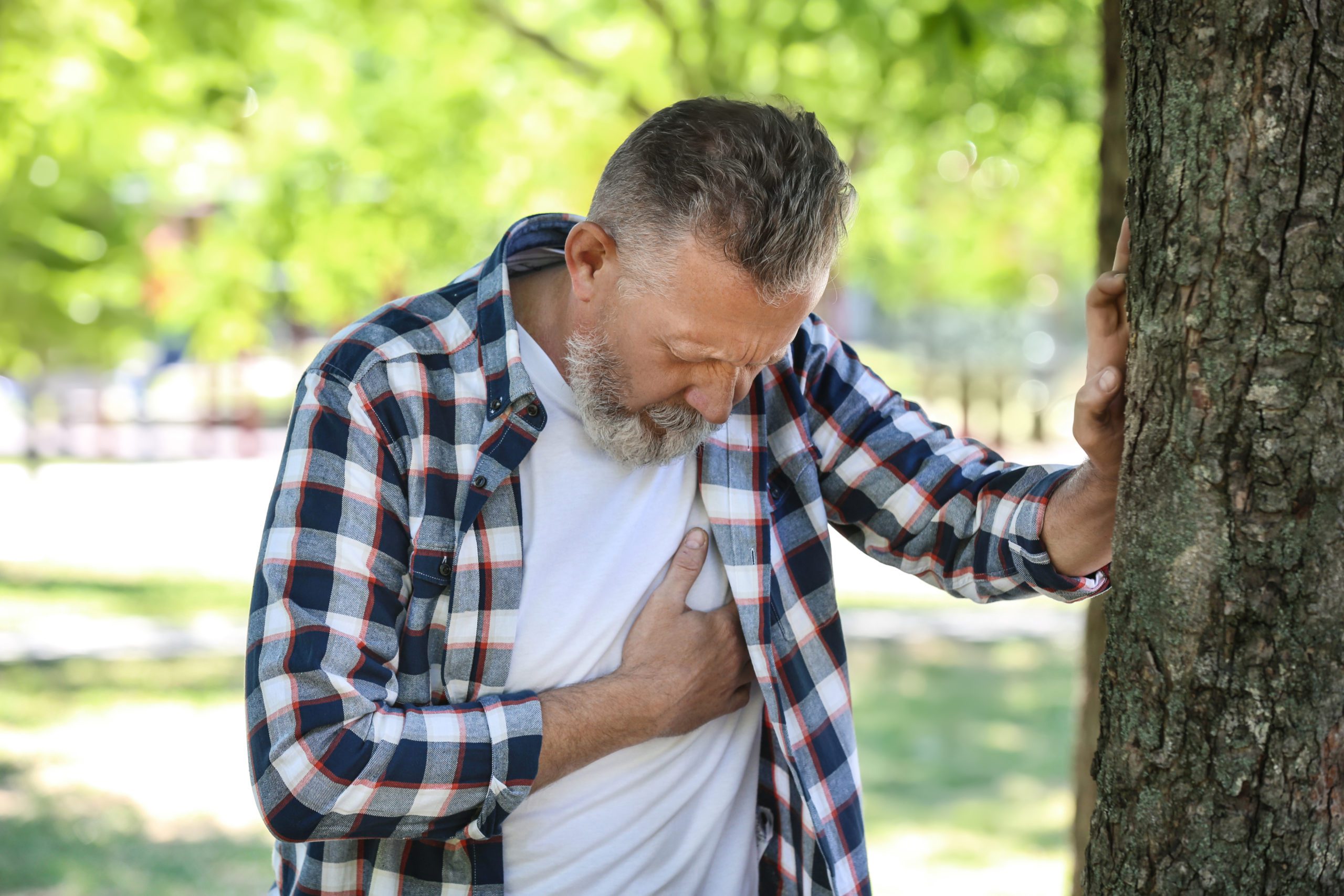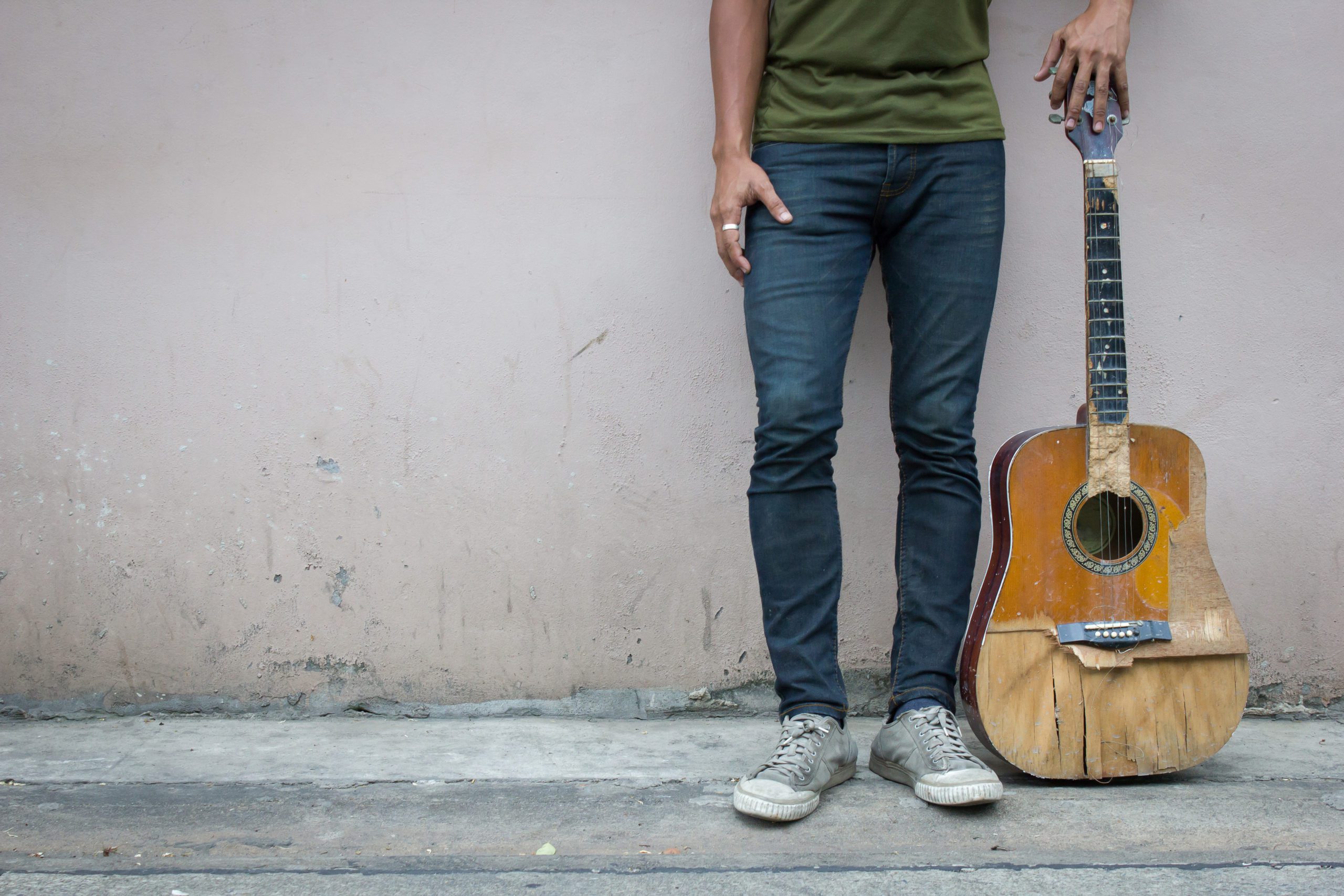On its surface, the idea of a pregnant women using (or any mother, for that matter) sounds inexcusable and deserves punishment. But those of us in the recovery community, we know that answer isn’t just black and white. Sadly, an extreme dependency can cloud even the most compassionate of judgments; causing caring people to make terrible choices. In fact, that’s one of the reasons that several prominent organizations within the medical community are speaking out to condemn criminal charges against moms with addictions.
The most vocal sect so far has been the Washington D.C.-based American Academy of Nursing (also known as AAN). The 2,700 member organization has called for an end to criminal and civil charges against pregnant moms-to-be and female parents due to drug use. They even went so far as to issue a press release on the subject, outlining the detrimental effect an arrest or jail time can have on these women.
The release also called out the current opioid crisis and the increased cases of dependencies across the nation. “At the forefront of the national stage for the past several years, the opioid epidemic has expanded the public’s awareness of substance use disorders (or SUDs),” it read. “For pregnant women with SUDs however, punitive actions in place of a public health response have resulted in criminal charges, arrests, and incarceration for these women. This has reinforced a culture of fear and barriers to essential health services.”
Certain states, in particular, take these cases extremely seriously, dubbing any kind of drug use during pregnancy as a form of child abuse. Tennessee, Alabama, Wisconsin, Ohio and Kentucky, for example, can enforce harsh sentences and, as the release explained, create a culture of fear.
The solutions proposed by the AAN and similar supportive medical organizations include treatment programs for women in these predicaments. Of course it is completely immoral and unethical to use while pregnant, but their opinion is that jail may only hurt these families more. The best scenario, according to them, is to immediately get the moms-to-be (and their babies) healthy, but then put them through an intensive treatment program that can set them up for success.
As the AAN said in the end of their press release, “we hope to reduce the stigma of SUDs in the age of the opioid epidemic.” Criminalizing it can certainly lead to darker consequences and perhaps not curb the problem at all.
We fully understand that this is a very sensitive subject and want to be a resource for anyone who may know a parent in this situation. First and foremost, we urge you to get them help immediately.


